Spite –
noun: 1. a desire to hurt, annoy, or offend someone.
Sympathy and empathy often draw a reader to the main character of a novel. Understandably, authors commonly cast their main characters in sympathetic lights. A main character who turns off the reader usually leads the reader to stop reading. Authors rely on conventional scenarios to keep the reader on the main character’s side. The opening chapter of a novel may present the hero as someone struggling in a difficult situation. The situation likely gets worse. After all, the book does need a plot. So, when we meet our hero toiling in a thankless job, we may feel the necessary sympathy and empathy for his/her plight. We need these feelings to stick with the character once he/she finds him/herself overcoming all obstacles in an espionage, horror, adventure, or another genre-driven plot line.
Not every type of novel takes this safe approach.
In Notes from the Underground, Fyodor Dostoyevsky chooses a direction that destroys any chance at sympathy for the main character. In a departure from what a reader would expect from Russian classics, the unnamed narrator gleefully embraces his spiteful nature. Repeatedly, in the opening paragraphs, the narrator mentions how he did things in life out of spite. His offensive approach to his bureaucratic job centered on a desire to spite anyone setting up an appointment with him. As a government official, his duty involves straightening out problems suffered by those in need. Don’t look towards him for help. The narrator provided no sympathy to anyone’s plight. He made things doubly difficult solely out of spite.
His emotional attraction to spite extends to self-harm. The narrator may be suffering from liver disease. (An inference to alcoholism exists here) He won’t see the doctor out of “spite.” The narrator acknowledges he only spites himself with such an attitude.
And the narrator is fine with this.
What psychologically drives these actions rooted in spite? The narrator indirectly tells us when describing the world as he sees it. Reading Russian classics between the lines reveals all.
“….. an intelligent man cannot become anything seriously, and it is only the fool who becomes anything. Yes, a man in the nineteenth century must and morally ought to be pre-eminently a characterless creature; a man of character, an active man is pre-eminently a limited creature.”
Spite becomes the reaction against “the nineteenth century.” Ironically, “the nineteenth century” refers to a timeless contempt for society as a whole.
And this brings us to transgressive fiction.
Notes from the Underground represents one of the earliest works of transgressive fiction. A common misconception about transgressive fiction assumes the literary convention started in the 20th century. The odd literary movement slowly grew a mild following among niche readers until Chuck Palahniuk “mainstreamed” the subgenre with the publication of Fight Club.
Such an abbreviated history compacts everything nicely, but not accurately. Transgressive fiction has always been around. The name may be new, but the aspects that define transgressive fiction date back hundreds of years. Novels featuring the adventures of malcontents do have their appeal.
What makes fiction transgressive?
The literary movement consistently features a similar concept. A misanthropic sad-sack character remains at odds with society until the one day he eventually rebels. The rebellion sees the character wage a justified battle against some element of society. While the degrees of resistance in Fight Club and Notes from the Underground vary dramatically, they share a similarity: spite drives the action.
The narrator sees spite – and anti-social behavior – as justified since spite serves as a reaction to a corrupt society. Maybe that’s how he sees it. Others, however, only see the rudeness of spiteful behavior. Spiteful people don’t endear themselves to others nor make friends. They frequently find themselves socially isolated.
There exists the dilemma for the transgressive hero in modern and Russian classics. Transgressive protagonists blame society for their ills, but rarely take responsibility for their actions. Behavioral actions usually lead them to be outcasts in society. Self-awareness in a transgressive work usually comes at the end of the novel. The main character frequently comes to the conclusion that all of his/her problems are his/her own fault.
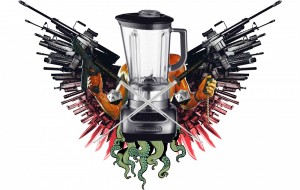
Transgressive heroes never really solve their actual problems. They don’t let go of their blame on society. Strangely, their stories and misadventures can be intriguing to read though.
(More about transgressive fiction and Notes from the Underground coming soon)
Our current Dostoyevsky-LA Project is dedicated to cinematic adaptations of four masterpieces by Fyodor Dostoyevsky. In transporting the essential elements of Dostoyevsky’s works from 19th century Russia to modern-day Los Angeles, we aim to underscore the universality of the great writer’s tales as well as commonalities of the human experience, its values and issues.
Specifically, the award winning movie Notes From The New World directed by Vitaly Sumin is inspired by Notes form the Underground. The story of the movie suggests a provocative reading of the state of the postmodern/post-communist world. Are we witnessing the realization of Dostoyevsky’s prophecies — especially as far as the Underground Man’s dilemma regarding Love/Terrorism is concerned?.
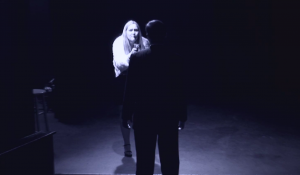 Scene form “Notes from the New World” |
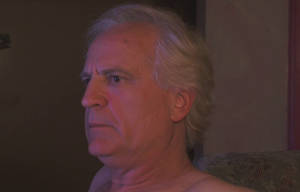 Bob: “I’ve just killed the man…” (“Notes from the New World”) |
Want to know about VM Productions‘ Dostoevsky-Los Angeles Project and about the films we make? Want to participate in our projects? Sign up to get tickets to the premiere of Dostoevsky Reimagined-BTS and grab our FREE e-books !

Follow us on Twitter, Facebook, Google+, Pinterest, Tumblr, Instagram, Goodreads.
Edited & images: VM Productions
Tags
Chuck Palahniuk, Dostoyevsky- Los Angeles Project, Fight Club, Notes from the New World, Notes From the Underground, Russian Classics, russian literature, transgressive fiction, Vitaly Sumin, VM Productions-US BTS Blog, Dostoyevsky Reimagined
 Transgressive heroes never really solve their actual problems. They don’t let go of their blame on society. Strangely, their stories and misadventures can be intriguing to read though.
Transgressive heroes never really solve their actual problems. They don’t let go of their blame on society. Strangely, their stories and misadventures can be intriguing to read though.
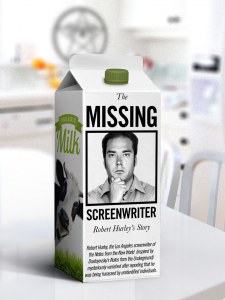

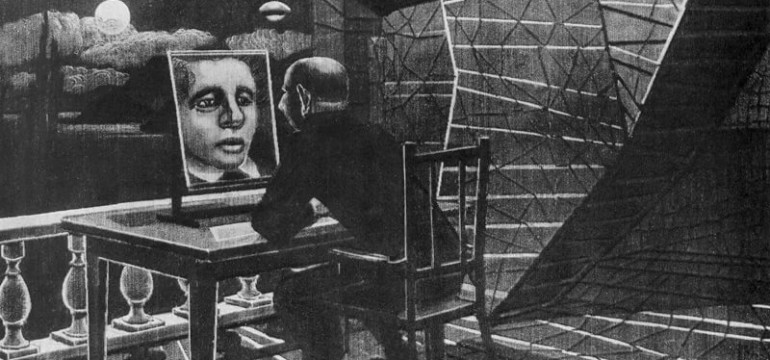

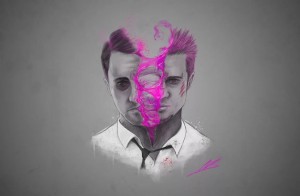
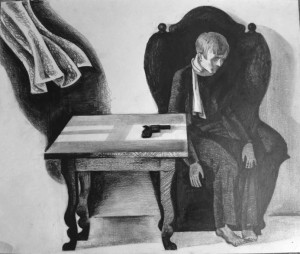
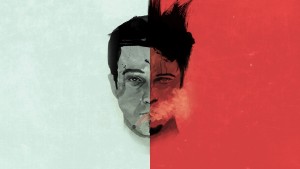
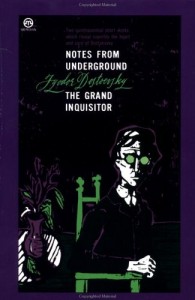
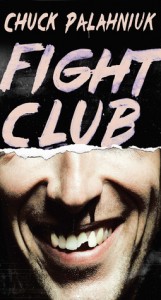







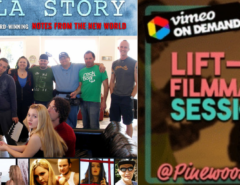
Thank you!